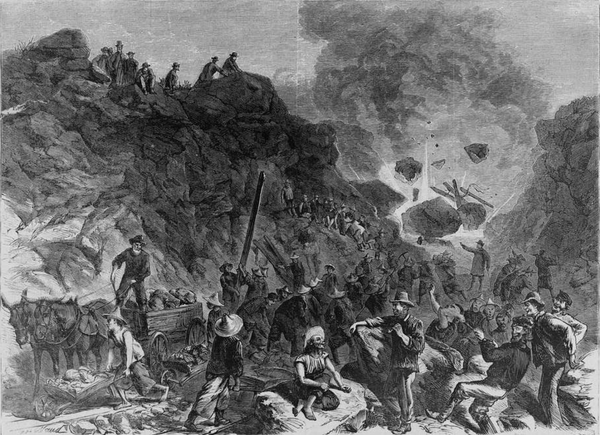The hard, clean questions

1.
“A man, after he has brushed off the dust and chips of his life, will have left only the hard, clean questions: Was it good or was it evil? Have I done well—or ill?”
2.
Someone once asked me: are you afraid of success? I thought it was the stupidest question I’d ever heard. In twenty years I haven’t forgotten it.
We make offerings to the world. The real question is not how they’re received; it's how we ourselves receive that reception. You let the results of your offering roll off? You're Abel, subject to the bitterness of those around you. You don't? You're Cain, subject to your own.
Something in me knows it’s easier not to make offerings. Harder still, something in me knows I have to.
3.
“You're going to pass something down no matter what you do or if you do nothing. Even if you let yourself go fallow, the weeds will grow and the brambles. Something will grow.”
4.
The side of the moon facing us is usually invisible, the same color as the sky around it. Otherwise it’s some bright shape. Once in a long while, in a total solar eclipse, the side facing us is a pure black circle, darker than the dark side – the thing that gets all the mystique – ever is. Earth blocks it from other stars’ light and a white halo surrounds it so we can all see.
Some would have us think evil can't and doesn't exist. "There is only power and those who seek it," they say; there's only the cold, chaotic indifference of Nature. Others make us see what Nature's very indifference has molded us into: thinking, wondering animals, asking themselves hard, clean questions. We evolved with tendencies, all containing survival value; what are we doing with them? Good–or ill? You can run from this question all you like; you can believe in determinism, as I do; in the end, whatever you do, it will be you who does it.
5.
“Do you take pride in your hurt?” Samuel asked. “Does it make you seem large and tragic?…Maybe you’re playing a part on a great stage with only yourself as audience.”





